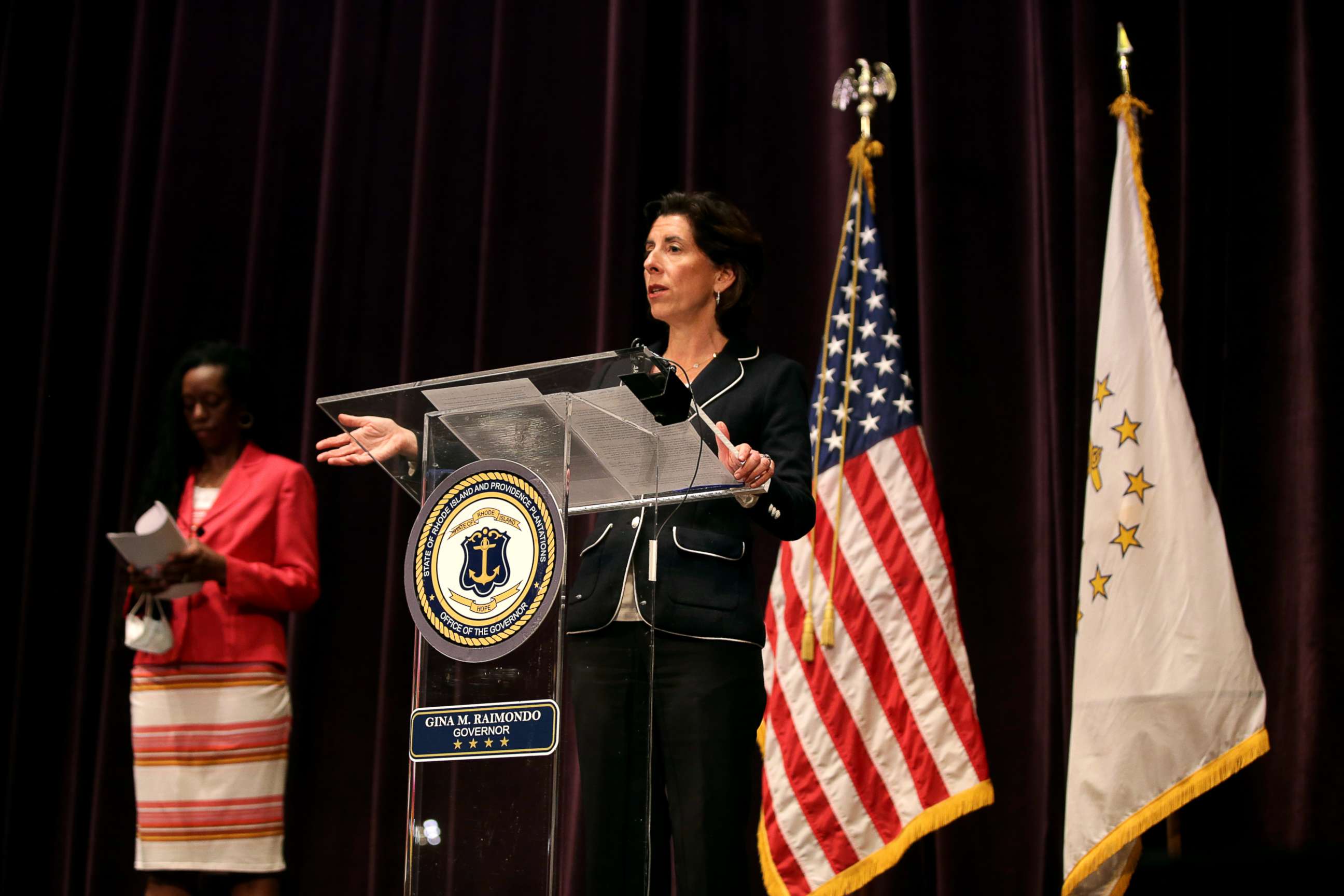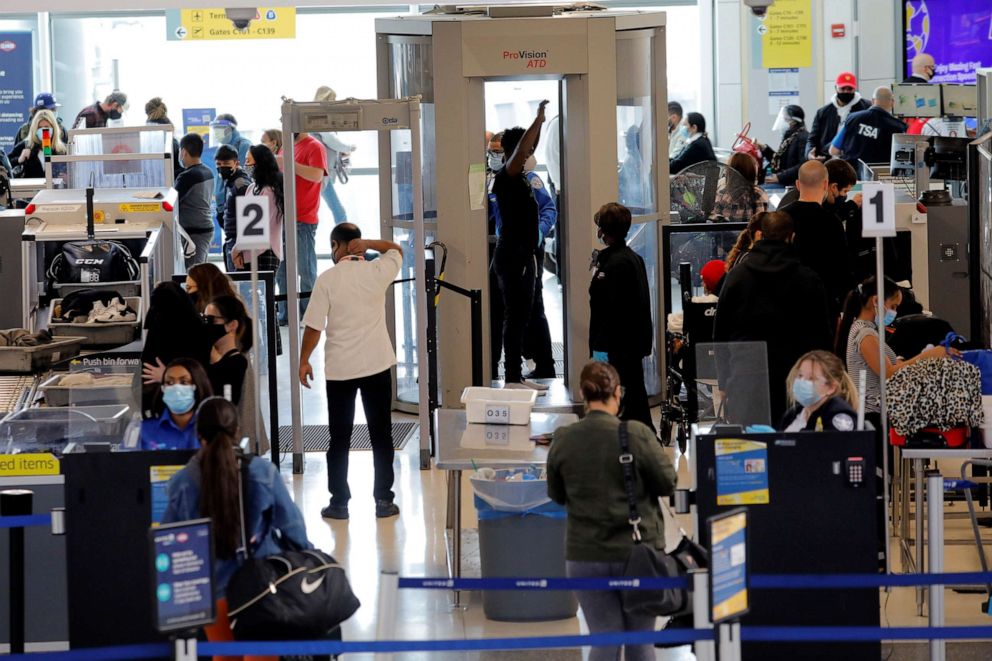Florida schools, businesses to remain open as state's outbreak worsens: Governor
Schools in Florida will remain open for in-person learning next spring, Gov. Ron DeSantis said during a Monday press conference in which he referred to school closings as the largest public health blunder in American history.
COVID-19 cases, hospitalizations and deaths are rising in Florida, according to an ABC News analysis of data from The COVID Tracking Project. Despite the worsening statistics, DeSantis said he will not close businesses or issue a statewide mask mandate, nor will he permit local governments to fine residents for failing to wear masks in public.
ABC News' Scott Withers contributed to this report.





